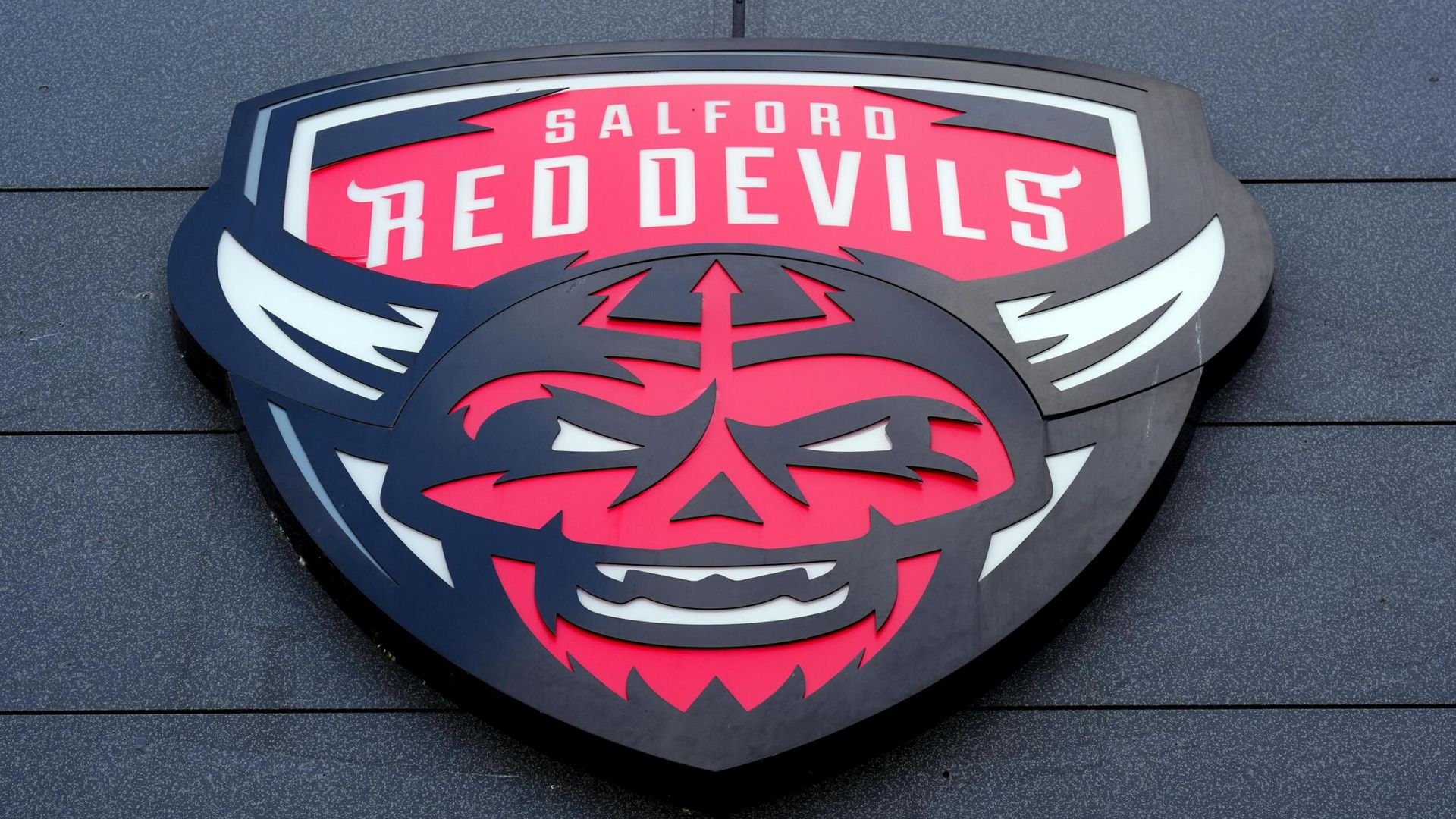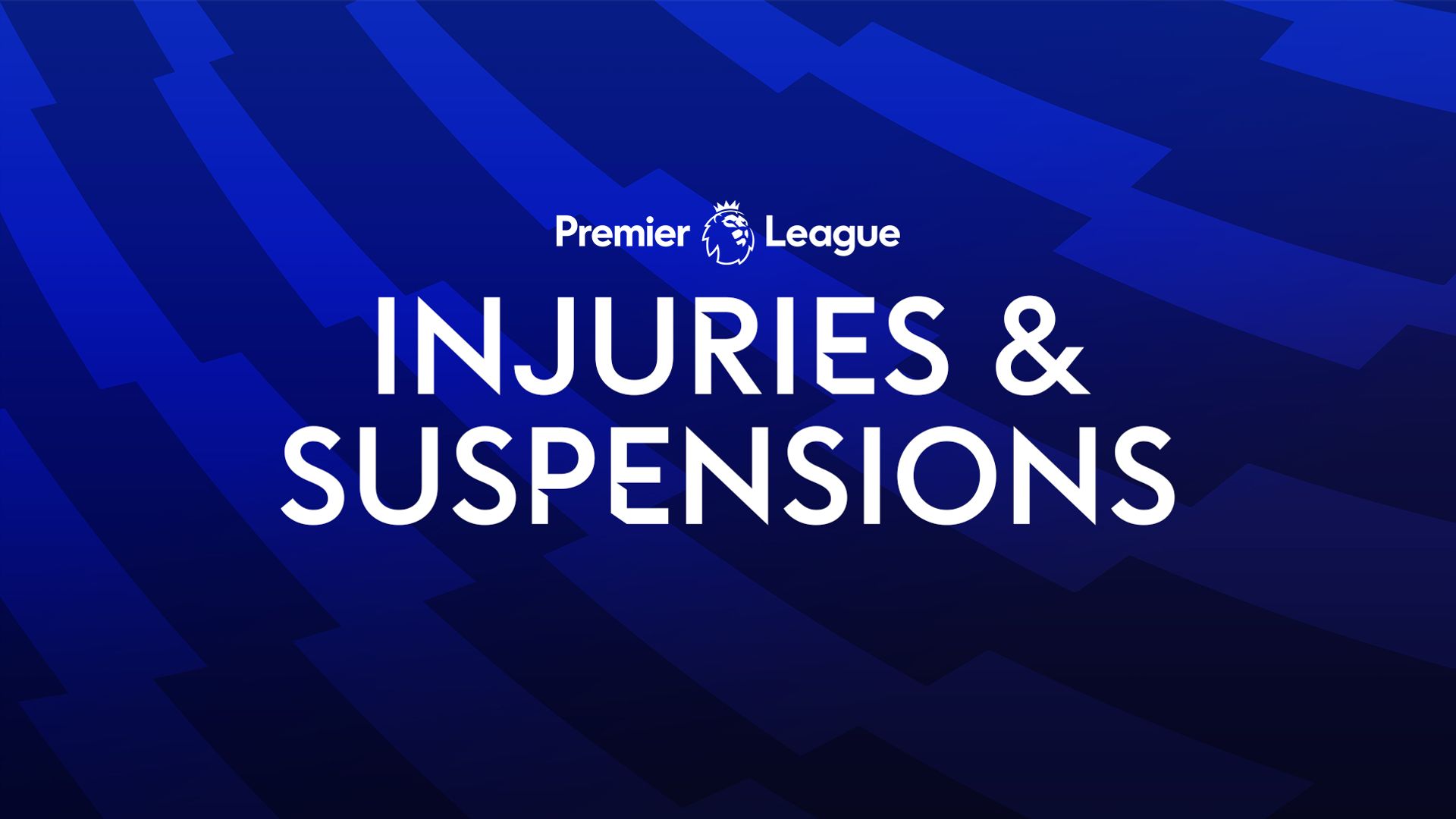Salford Red Devils’ Financial Struggles Mirror Biblical Debt Crises, Raising Questions About Accountability and Future Survival in Professional Sports
The Salford Red Devils, a professional rugby league club in the UK, are currently facing significant financial challenges that have led to a winding-up petition being adjourned for the third time. This situation has sparked concerns not only among the club’s loyal supporters but also within the broader sporting community. The ongoing financial struggles of the Red Devils serve as a stark reminder of the precarious nature of professional sports, where financial mismanagement can lead to dire consequences.
Founded in 1873, Salford Red Devils has a rich history in rugby league, but recent years have seen the club grappling with mounting debts and financial instability. The adjournment of the winding-up petition reflects a temporary reprieve, but it raises critical questions about the club’s long-term viability. The latest hearing at a specialist companies court granted the Red Devils an additional two weeks to settle their debts, but the uncertainty surrounding their financial future looms large.
The financial issues plaguing Salford Red Devils are not unique to the club; they mirror a broader trend seen across various sports where teams struggle to maintain financial health. The pressures of operating in a competitive environment, coupled with the rising costs associated with player salaries and infrastructure, can create a perfect storm for financial disaster. Many clubs, particularly those outside the elite tier, find themselves in precarious situations, reliant on external funding and sponsorship to survive.
The implications of financial mismanagement extend beyond the immediate concerns of creditors and players. The club’s supporters, who have invested their time, passion, and resources into the team, face the heart-wrenching possibility of watching their beloved club fold due to financial missteps. The emotional investment of fans cannot be overstated; they are the lifeblood of any sports organization, and their loyalty is often tested in times of crisis.
Moreover, the situation at Salford Red Devils raises questions about accountability within the sport. Who is responsible for the financial health of a club? Is it the management, the owners, or a combination of both? The complexities of club ownership and governance can often obscure accountability, leaving fans and stakeholders in the dark about the decision-making processes that lead to financial distress.
In the context of professional sports, the concept of debt is often viewed through a lens of competition. Clubs are driven to invest heavily in player acquisitions and facilities to remain competitive. However, this pursuit of success can lead to reckless financial decisions that jeopardize the club’s future. The Red Devils’ predicament serves as a cautionary tale for other clubs, highlighting the need for sound financial practices and transparency in operations.
Historically, many clubs have faced similar crises, often leading to drastic measures such as administration or liquidation. The fate of clubs like Portsmouth FC and Rangers FC serves as a stark reminder of the potential consequences of financial mismanagement. These examples illustrate the precarious balancing act that clubs must perform to navigate the financial landscape while striving for on-field success.
As the Red Devils are granted another two weeks to resolve their debts, the clock is ticking. The club’s management must act swiftly and decisively to address their financial obligations. This situation not only affects the players and staff but also the community surrounding the club, which relies on the Red Devils for local pride and economic activity.
The broader implications of the Red Devils’ financial struggles extend to the rugby league as a whole. The sport must grapple with the realities of financial sustainability, particularly for clubs that do not have the same financial clout as their more affluent counterparts. A failure to address these issues could lead to a wider crisis within the league, affecting the competitive balance and overall health of the sport.
In conclusion, the challenges faced by Salford Red Devils are emblematic of the broader issues within professional sports. The adjournment of their winding-up petition serves as a temporary reprieve, but the underlying financial instability raises critical questions about accountability, sustainability, and the future of the club. As the situation unfolds, all eyes will be on Salford Red Devils to see if they can navigate their way out of this crisis and secure a brighter future for themselves and their loyal supporters.




